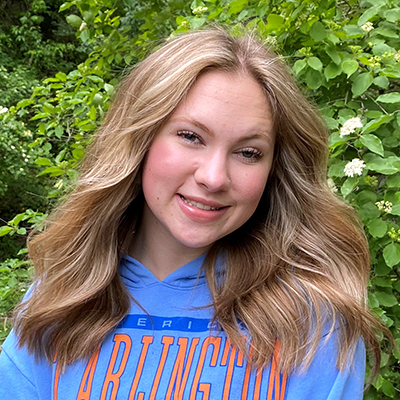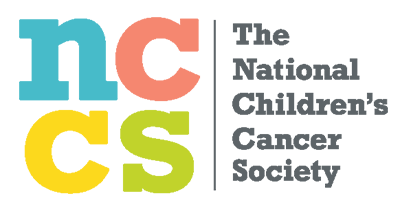
years awarded
Written Identity
I can still feel the ringing in my ears from the doctor’s words. “Here’s a list of careers your daughter can not pursue due to her condition.” As my parents viewed the short list of careers, ecstatic expressions flooded their faces. “Only a few things she is not capable of” My inability to pursue those few things infuriated me. The common idea that you can do anything you set your mind to was no longer applicable to me. This small list, the few things scribbled on a sticky note, named my identity before I had the chance to name it myself.
In 2007, my parents noticed a drastic change in my vision. With cause for concern, they seeked immediate medical assistance. After fighting for my health and ensuring an answer was found, I was diagnosed with a rare cancer known as Retinoblastoma. My fierce tumor eroded my optic nerve with a straight path to my brain. The enucleation of my left eye and replacement with a prosthetic was a blessing and a curse. I was a cancer survivor but no longer able to live without precaution.
“Watch your step.”
“You can’t leave the house without your glasses on.” “No sports or activities so we can keep you safe.”
Restrictions. Constant boundaries being placed for my safety. As I grew older, this bubble of protection slowly faded. I recognized my limitations, but never failed to test them. I found that the basis of these worries was fear. Fear of injury. Fear of loss. Fear of independence. These recommendations prevented my involvement in normal activities, but instilled motivation in me to overcome the labels of my condition.
As I aged and entered high school, such independence presented an opportunity for success and undeniable growth in my personal identity. The tragedy that some viewed as catastrophic, I saw as a basis for my purpose in life. The chance to grasp my future with my own hands, to produce change through my own will, and not that of my genetic mutation.
My journey significantly changed my worldly perspective. Topics I had previously glossed over now appeared as a window to my future. I visualized the world as undiscovered territory, offering countless possibilities. However, the medical field consistently caught my attention. Contributing to medical innovation became my aspiration; to utilize my experiences for the better and alter the assumption of physical setbacks. Simultaneously succumbing to the reality of my hardship, I recognized my relentless passion to assist those in need. As I transition into the professional world, the mindset and skills I have developed will further aid me in helping those in need and creating emotional connections to those who had similar experiences.
There’s something captivating about the world that surrounds us. The complexity of each living thing and the inevitable mutations they experience will forever hold my interest; a topic I can grow with and further understand. The thought of being an addition to society’s overall knowledge of medicine is inspiring. Discovering the unknown, or accomplishing what I was countlessly told was not possible, leads to a promising future. The opportunity to write my own identity, on a sticky note or in reality. Nothing excites me more than that.
